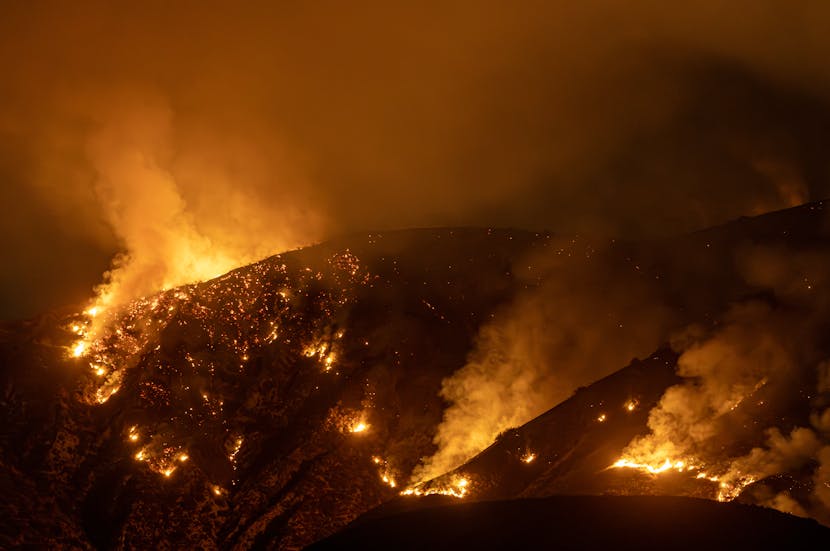- by foxnews
- 22 Nov 2024
Extreme Heatwave in Australia Increases the risk of Wildfire and May Dampen Tourism Industry
Australia has warmed significantly over the past century, with average temperatures increasing by 1.51°C since 1910. Meanwhile, the country’s surrounding oceans have heated up by an average of 1.08°C since 1900. This ongoing warming trend highlights the effects of climate change on both land and sea, creating challenges and opportunities for Australia’s tourism industry. While Australia has not yet breached the Paris Agreement goal of limiting global temperature rise to 1.5°C above pre-industrial levels, the country is still facing record levels of heat on both land and in its surrounding waters.
- by travelandtourworld
- 03 Nov 2024
- in travel

The impacts of this warming are becoming increasingly evident in the tourism sector, as rising temperatures and extreme heat events reshape travel patterns and visitor behavior. For the tourism industry, this creates a dual challenge: adapting to the effects of climate change on popular travel destinations and ensuring that future tourism practices are sustainable. The industry must also consider how climate change will affect the health and safety of both tourists and locals, especially as extreme heat events become more frequent and severe.
Extreme Heat and Its Implications for Tourism
Regions that are traditionally popular with tourists, such as coastal areas, national parks, and outback regions, may become less appealing during extreme heat periods. This could lead to seasonal shifts in travel patterns, with tourists opting to visit during cooler months or seeking alternative destinations. The tourism industry may also need to invest in infrastructure that provides relief from the heat, such as shaded areas, cooling centers, and water facilities, to maintain visitor appeal in affected regions.
Opportunities for Sustainable and Climate-Adapted Tourism
Destination management organizations and tourism businesses can adapt by offering experiences that minimize environmental impact and appeal to eco-conscious travelers. For example, operators can promote destinations that are less vulnerable to heat extremes, such as cooler regions or areas with water-based activities. Additionally, tourism providers can implement energy-efficient technologies, reduce waste, and use renewable energy sources to align with sustainable tourism goals.
Health and Safety Measures in Extreme Heat
As extreme heat becomes more common, ensuring the health and safety of tourists is a priority for the tourism industry. Heatwaves and high temperatures can lead to heat-related illnesses, which can be especially dangerous for vulnerable individuals, such as the elderly and those with underlying health conditions. Tourism operators, therefore, need to take proactive measures to protect visitors from extreme heat, including providing information on staying hydrated, recognizing signs of heat exhaustion, and identifying shaded or air-conditioned rest areas.
Tourism businesses can also work with local governments to develop emergency plans for extreme heat events, including response protocols for tourists who may be affected by heat-related illnesses. These measures can help ensure that visitors are aware of the risks and have access to resources that can keep them safe during their travels.
Climate-Resilient Infrastructure and Tourism Innovation
Innovations in tourism technology can also play a role in adapting to climate change. For instance, digital tools that monitor weather conditions and provide real-time updates on heat levels and air quality can help tourists plan their activities more effectively. Mobile applications that offer location-specific advice on hydration points, shaded areas, and first-aid stations can enhance the travel experience, especially during heat events.
These technological solutions can be integrated into tourism platforms, allowing visitors to make informed decisions about their travel plans. For example, apps could suggest alternative destinations or activities based on weather forecasts, helping tourists avoid extreme heat and experience safer, more comfortable travel.
Adapting Tourism Marketing Strategies
- by foxnews
- descember 09, 2016
New travel trend has Americans chasing fountain of youth
Booking.com released its 2025 travel predictions list, and one trend, "passport to longevity," has 57% of travelers seeking vacations to "extend their lifespan."
read more




